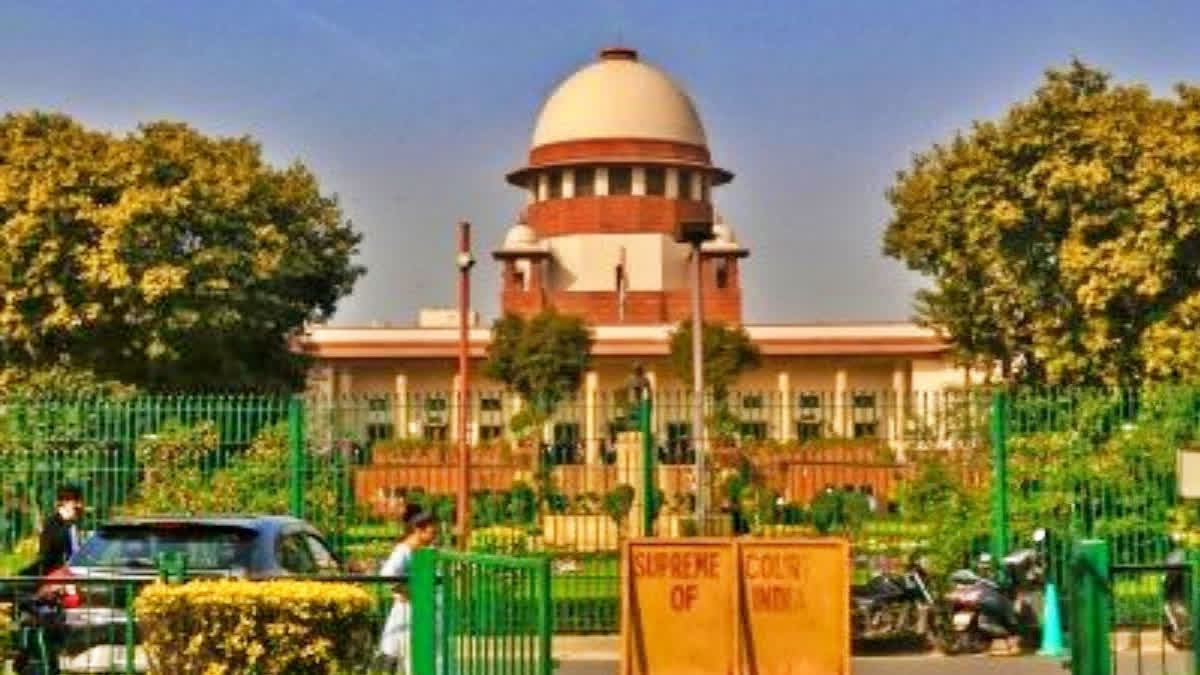New Delhi: The Supreme Court Tuesday stayed the National Green Tribunal's (NGT) direction to appoint the Delhi Lieutenant Governor (LG) as the chairman of the high-level committee on Yamuna River pollution.
A bench headed by Chief Justice of India D Y Chandrachud and comprising Justices P S Narasimha and Manoj Mishra said there shall be a stay on direction issued on January 9, 2023, by the National Green Tribunal to the extent that Delhi LG was directed to be the member of the committee and to chair it, and also issued notice on the plea filed by the Delhi government. Senior advocate A M Singhvi, representing the Delhi government before the apex court, argued against the appointment of the LG on the high-level committee.
Also read:‘Would stifle the investigation at incipient stage’, SC on TMC’s Abhishek Banerjee plea against HC order allowing CBI-ED probe against him
During the hearing, the bench noted that a domain expert could have been appointed. Singhvi said an expert should have been appointed and LG will not be able to assist and the NGT should have refrained from appointing the LG. Singhvi urged the apex court to stay the operation of the NGT order. The Aam Aadmi Party (AAP) government in Delhi moved the Supreme Court challenging the NGT order over the LG's appointment.
The Delhi government sought directions to set aside the NGT order saying that it was unconstitutional and violative of the two successive constitution bench decisions in July 2018 and May 11. The NGT order observed that having multiple authorities in Delhi may be one of the reasons for not achieving success so far and added that there appears to be a lack of ownership and accountability. The government said that the NGT order sidelines the elected government and appoints an unelected figurehead who does not have any authority to act on his own except on the aid and advice of the elected Delhi government.
The NGT’s order had come on a plea filed by Ashwani Yadav, which cited the increasing pollution in the Yamuna River and the failure of authorities to take remedial measures.
Also read:Adani-Hindenburg row: Sebi defends rule change on opaque structures in SC, says changes tightened disclosure requirement
